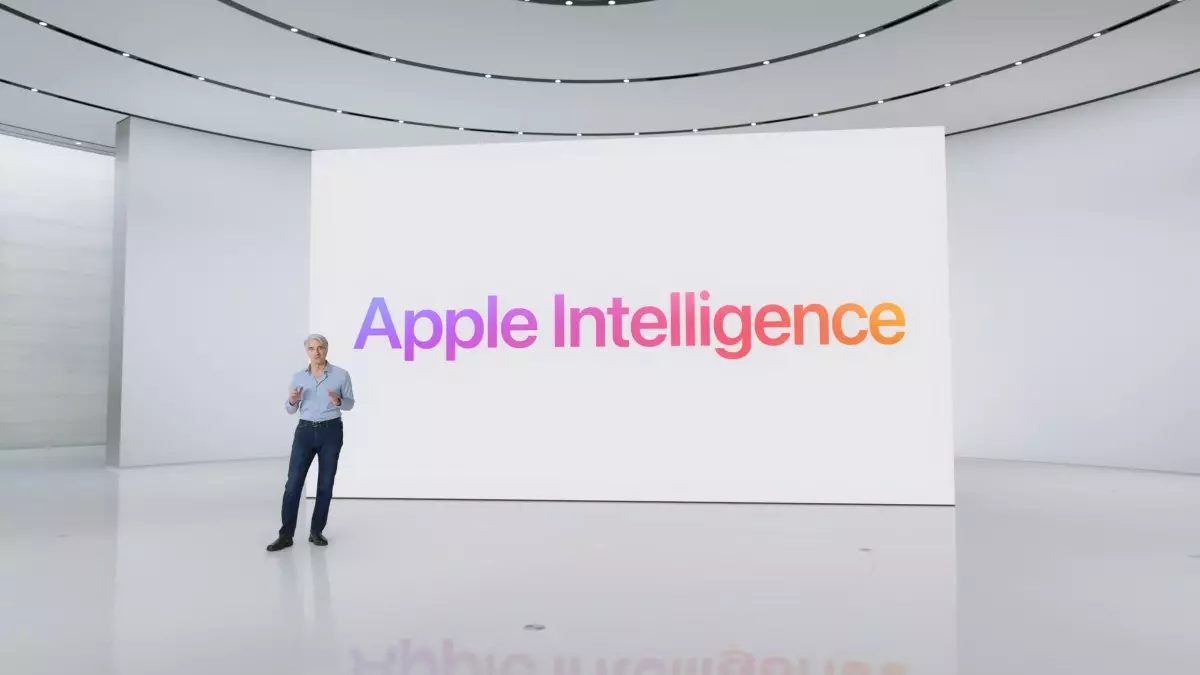Apple’s unveiling of its AI plans at WWDC generated a lot of excitement, with analysts predicting a potential “supercycle” for the iPhone 16. However, the slow rollout of Apple Intelligence could pose significant challenges to achieving this anticipated supercycle. The delay in delivering on the promises made at WWDC could impact the bottom line of the iPhone 16, as customers may have to wait until 2025 to see many of these features come to fruition.
Another hurdle that Apple may face with the rollout of Apple Intelligence is regional limitations, particularly in the EU and China. These regions are crucial for Apple’s financials, and any obstacles in launching Apple Intelligence in these markets could have a significant impact on the company’s performance in those quarters. Additionally, the lack of ChatGPT integration at launch could also hinder the full potential of Apple Intelligence.
Leading up to WWDC, there were questions about Apple’s ability to compete with other players in the generative AI space. While the demos at the developer conference were impressive, there is still a lot of ground to cover before Apple can establish itself as a major player in this market. The limited number of devices approved to run Apple Intelligence, currently only the iPhone 15 Pro/Pro Max, also raises concerns about the widespread adoption of this feature.
Despite the challenges and potential roadblocks, Apple’s future with Apple Intelligence remains optimistic. The upcoming “It’s Glowtime” event in Cupertino is expected to introduce Apple Intelligence to a broader range of devices, potentially increasing uniformity across the iPhone 16 line. With base models set to receive A18 chips and Pros to get A18 Pros, Apple is positioning itself for a successful integration of AI into its devices. While sales are crucial, Apple must also ensure a careful and strategic rollout of Apple Intelligence to avoid any long-term adverse impacts on its bottom line.
While Apple Intelligence holds great promise for the future of the iPhone lineup, the company must navigate through various challenges and obstacles to ensure a successful implementation. By addressing regional limitations, competing effectively in the generative AI space, and strategizing a thoughtful rollout plan, Apple can maximize the potential of Apple Intelligence and secure its position as a leader in AI technology.

